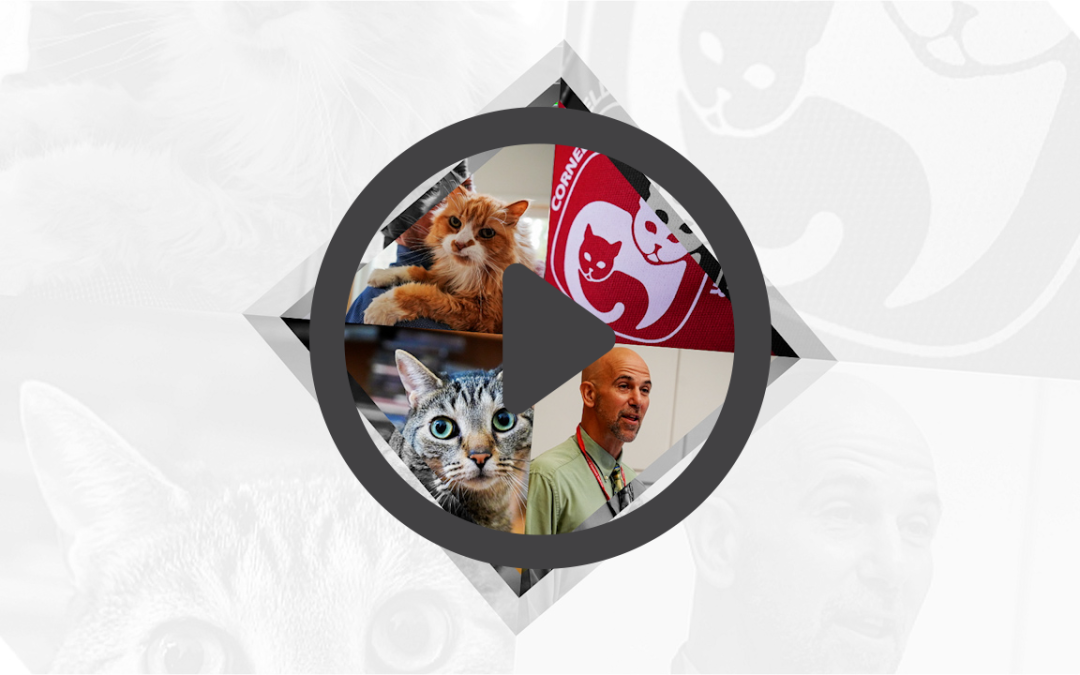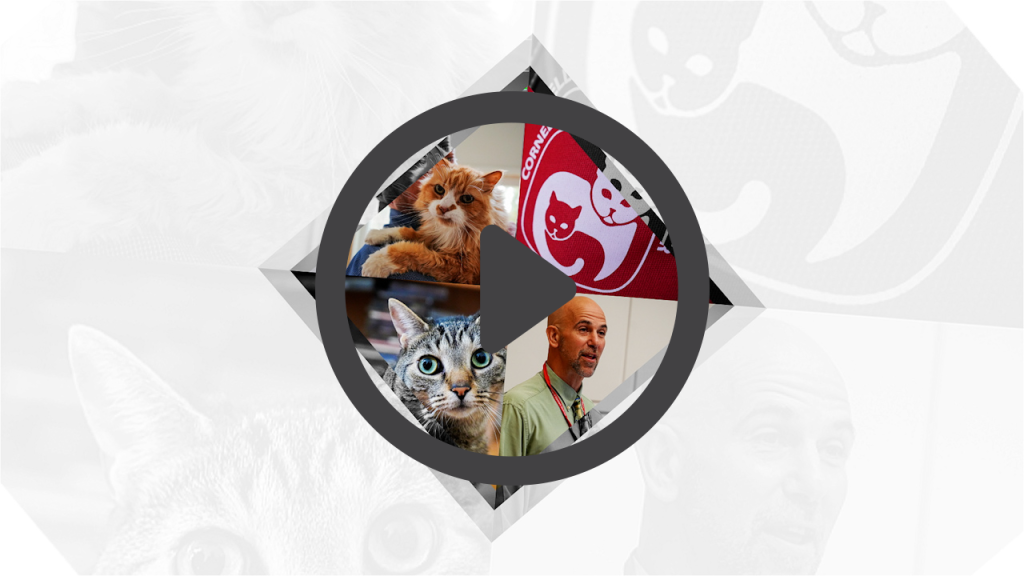As we embark on a new year, it’s crucial to stay informed about health matters that could impact our beloved feline companions. The Cornell Feline Health Center, a leading institution dedicated to improving cat health through research, education, and outreach, has recently provided an important update concerning the highly pathogenic H5N1 avian influenza virus and its implications for cats.
Understanding the Cornell Feline Health Center
Established over 50 years ago, the Cornell Feline Health Center is committed to advancing the health and well-being of cats everywhere. Under the leadership of Dr. Bruce Kornreich, the center focuses on conducting groundbreaking feline health studies, providing expert guidance during health crises, and educating both veterinary professionals and cat owners.
Recent Concerns: H5N1 Avian Influenza and Feline Health
Dr. Bruce Kornreich, Director of the Cornell Feline Health Center, has issued an update regarding the risks posed by the H5N1 avian influenza virus to cats. Notably, there have been reports of cats contracting the virus after consuming contaminated raw food products. In some cases, indoor-only cats became infected after ingesting these raw foods, leading to severe health issues and, tragically, fatalities.
Implications of Feeding Raw Diets to Cats
These incidents highlight the potential dangers associated with feeding raw diets to cats. While some pet owners believe that raw diets are more natural or healthier, it’s essential to recognize the risks of pathogen transmission, including viruses like H5N1 and bacteria such as Salmonella and E. coli. The Cornell Feline Health Center advises cat owners to exercise caution and consider the health implications of raw feeding practices.
Recommendations for Cat Owners
To safeguard your feline friends from H5N1 and other pathogens, consider the following precautions:
- Avoid Raw Diets: Refrain from feeding your cats raw food products, especially those of avian origin, to minimize infection risks.
- Ensure Proper Food Handling: Always handle pet food with clean hands and ensure that feeding bowls and utensils are sanitized regularly.
- Monitor Health: Stay vigilant for any signs of illness in your cats, such as lethargy, respiratory issues, or changes in appetite, and consult your veterinarian promptly if concerns arise.
- Stay Informed: Keep abreast of updates from reputable sources like the Cornell Feline Health Center to make informed decisions about your cat’s health.
For a more in-depth understanding, you can watch the following video provided by the Cornell Feline Health Center:
By staying informed and adopting recommended precautions, we can work together to protect our feline companions from emerging health threats like the H5N1 avian influenza virus.


